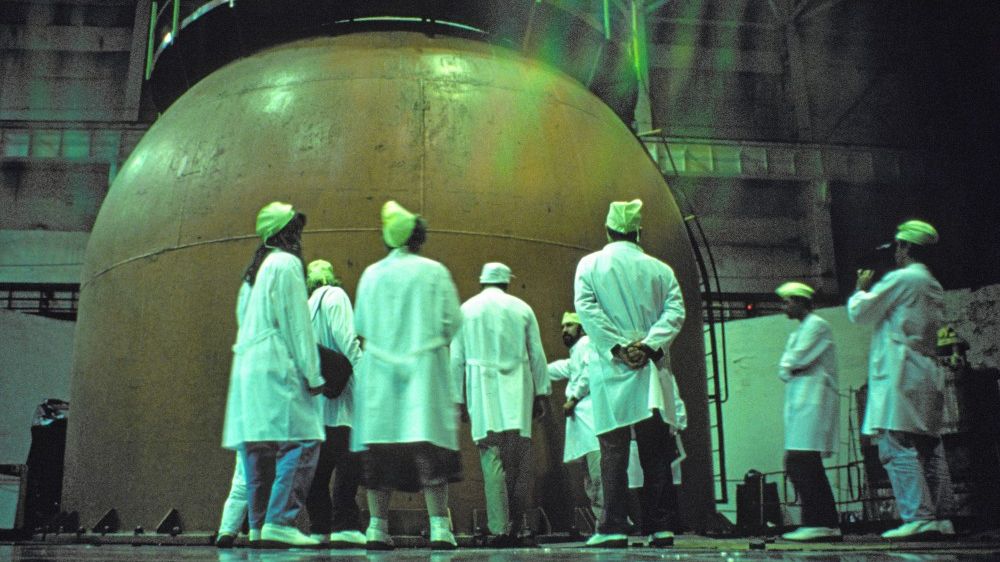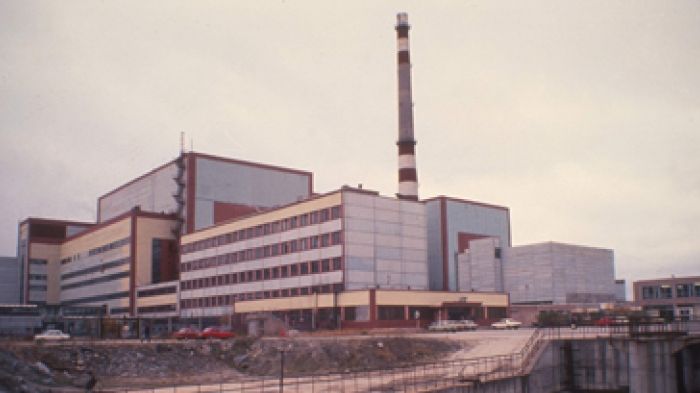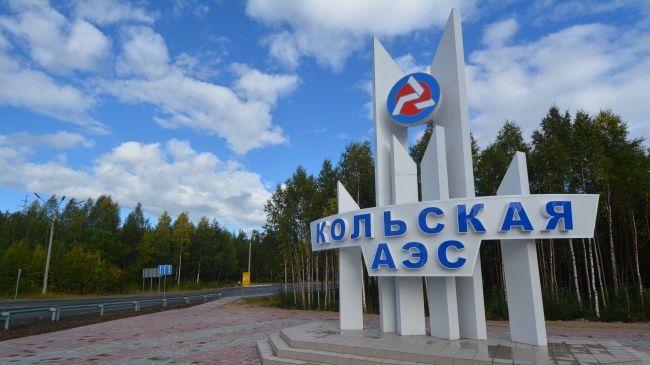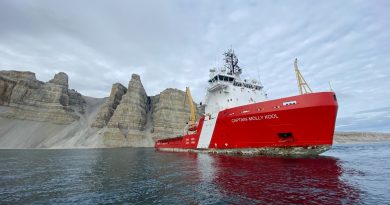Northwestern Russia’s oldest reactor to run for another 15 years

Russia’s nuclear watchdog authorises operation until 2033, twice the originally planned lifetime. Environmental NGO Bellona is deeply worried about safety.
The reactor, started in 1973, was supposed to end its lifetime in 2003, but the license was extended for an additional 15 year period ending now in 2018. In 2015, however, safety calculations were initiated, aimed at yet another prolongation of the reactor’s lifetime.
On July 6th, Rostechnadzor, the federal supervisory body for environmental, industrial and nuclear services, issued the license for operation of Kola nuclear power plant’s unit No. 1 until July 6, 2033, Rosenergoatom informs.
Rosenergoatom is the electric power division of Russia’s nuclear corporation and in charge of operation at the country’s civilian nuclear power plants.
Chief engineer of Kola nuclear power plant, Vladimir Matveev, says the reactor is currently shut down. “Now, at unit No. 1, scheduled preventive maintenance takes place. All repairs are aimed at increasing the level of safety and extending the lifetime of the equipment for an additional period of operation.”
Under maintenance
The ongoing maintenance work started on April 17 and will last until early November according to plans.
Barents Observer reported at the time of shut down that the scheduled repair works include a new emergency cooling system for the reactor core, both an active and passive system. Additionally, new control safety systems, radiation monitoring systems as well as diagnostic systems will be installed.
The renewed license came one week after Kola NPP celebrated its 45th anniversary. Reactor No. 1 was started on June 29, 1973. The power plant has four water-cooled reactors of the VVER-440 type. The reactor now granted permission to run until 2033 was the first civilian water-cooled reactor for electricity production in the Soviet Union.
Safety worries
“I’m deeply worried about yet another 15 years of operation of this already outmoded reactor design,” says nuclear physicist Nils Bøhmer to the Barents Observer.

Bøhmer is expert on nuclear safety for Bellona and has followed developments at Russia’s power plants since the early 1990s.
“Although some improvements have been made, it will never be possible for this reactor to meet today’s requirement of safety standards,” he tells.
Kola NPP is located by the shores of Lake Imadra, a two-hour drive south of Murmansk, and 220 kilometers from the border to Norway and 100 kilometers from the border to Finland.
The power plant’s share of the electricity production in Murmansk region is about 60%. Most of the other 40% is generated by hydropower. Some of the electricity from Kola NPP is exported to the grid in Finland.

A few years after the breakup of the Soviet Union, the International Atomic Energy Agency (IAEA) initiated a full safety evaluation of these old VVER-400/230 reactors, at that time in operation in Russia, Bulgaria and Czechoslovakia. A plant with similar reactors Greifswald in the former East Germany was already shut down for safety concerns.
Safety help
The IAEA report published in 1996 identified some 100 safety issues and pointed out a ranking of needed improvements. In the 90s, safety problems at Kola nuclear power plants caused headlines not only in Russia, but also in neighboring Scandinavian countries.
Norway granted the power plant with both cash for improving the safety, but also practical equipment like external generators to ensure cooling in case of loss of power to the inbuilt cooling system. Foreign Minister of Norway at the time, Bjørn Tore Godal, however, ensured the Parliament in Oslo in 1995 that all Norwegian technical assistance to Kola nuclear power plant should not “contribute to prolong the lifetime of the reactors, only to improve the safety.”
Rosatom says the work on extending the lifetime of nuclear power plants is a global trend and happens not only in Russia.

Good for industry, an official says
Yevgeny Nikora, Deputy Governor Of Murmansk in charge of energy, praises the new license. “Very important and positive news in order to ensure sustainable development in the energy sector in the Murmansk region,” Nikora writes on Facebook. He says this helps improve the industrial potential on the Kola Peninsula.
“I congratulate my fellow nuclear scientists on this significant event,” Nikora writes. The Deputy Governor has his background as Counsellor of the Director of Kola nuclear power plant.
Related stories from around the North:
Canada: Indigenous community in Northern Canada to offset diesel with solar panels, CBC News
Finland: Nuclear plant construction in North Finland goes ahead despite lack of permit, Yle News
Greenland: Greenland ice holds Cold War peril, Deutsche Welle’s Iceblogger
Norway: Norway keeps eye on Russia’s floating nuclear power plant as it heads for Arctic, The Independent Barents Observer
Russia: Northernmost mine to be powered by nuclear reactors, The Independent Barents Observer
Sweden: Environmentalists praise ruling on nuclear waste site in Sweden, Radio Sweden
United States: US Gov preparing for oil exploration in Alaska’s Arctic National Wildlife Refuge, Alaska Public Media



